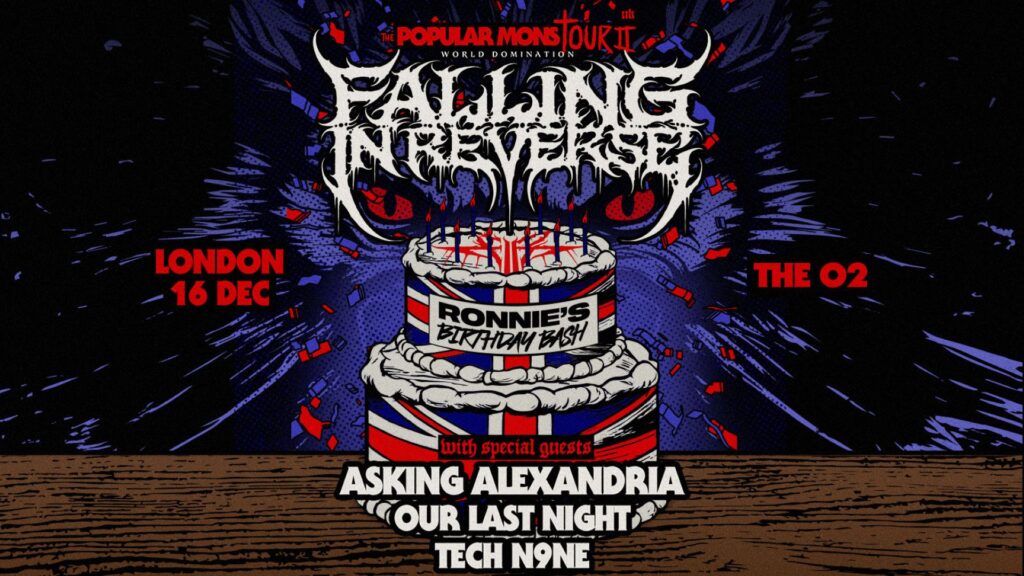Ants can quickly become a nuisance in any home, causing frustration and potential damage. Finding the best ant killer is crucial for homeowners looking to protect their living spaces from these persistent invaders. From fire ants in the lawn to sugar ants in the kitchen, different species require specific approaches to effectively eliminate them and prevent future infestations.
This comprehensive guide explores various ant control solutions, including chemical treatments, natural remedies, and preventive measures. It covers options suitable for indoor and outdoor use, as well as pet-safe alternatives. By examining the most effective ant killers available, homeowners can make informed decisions to tackle their ant problems and maintain a pest-free environment.
Chemical Ant Killers: Quick and Effective Solutions
Chemical ant killers offer fast and efficient solutions for homeowners dealing with ant infestations. These products come in various forms, each designed to target ants effectively.
Liquid Ant Baits
Liquid ant baits are designed to lure ants and eliminate entire colonies. Terro’s Liquid Ant Killer, for example, uses borax as its active ingredient. Borax impedes the digestive system of ants, causing them to die. These bait stations are easy to use and can be placed in various locations around the home, such as windowsills, corners, and behind appliances.
Ant Bait Stations
Ant bait stations provide a convenient and targeted approach to ant control. Products like Rockwell Intice Gelanimo ant bait stations contain high-moisture gel bait that allows multiple ants to feed simultaneously without drowning. The firm consistency of the gel enables ants to carry pieces back to their nest, effectively distributing the bait throughout the colony.
Spray Ant Killers
Spray ant killers offer immediate results for visible ant problems. Raid’s ant and roach aerosol spray, for instance, is effective against various household pests, including different types of ants. This plant-based formula contains essential oils like lemongrass and geraniol, making it safe for use around children and pets when used as directed.
Natural and DIY Ant Control Methods
Baking Soda and Sugar Mixture
A common and effective DIY ant killer combines baking soda with powdered sugar. This mixture works by attracting ants with the sugar while the baking soda reacts with the acid in their digestive system, causing a lethal buildup of carbon dioxide. To create this trap, one should mix 3/4 parts baking soda with 1/4 part powdered sugar and place it in areas where ants are prevalent. While this method kills ants quickly, it does not eliminate entire colonies as the ants do not carry it back to their nest.
Vinegar Solutions
Vinegar has a strong effect on ants due to its pungent odor. It interferes with the pheromones ants use to communicate and find food sources. To use vinegar as an ant repellent, one can mix equal parts white vinegar and water in a spray bottle. This solution should be applied to areas vulnerable to ant infestations, such as windowsills, baseboards, and kitchen surfaces. For more stubborn infestations, apple cider vinegar can be used in a similar manner, providing a stronger deterrent.
Essential Oils
Various essential oils have proven effective in repelling ants. Peppermint oil is particularly potent, as ants strongly dislike its scent. Other effective oils include cedarwood, cinnamon, citronella, clove, eucalyptus, lavender, lemon, and tea tree oil. These oils work by disrupting ants’ scent trails and creating confusion. To use essential oils, one can create a spray by mixing 30-40 drops of oil with 30 drops of alcohol and 60 ml of distilled water. This natural solution can be applied to entry points and areas where ants are commonly seen.
Preventive Measures to Keep Ants Away
Sealing Entry Points
To prevent ants from entering homes, it is crucial to identify and seal potential entry points. Homeowners should inspect their property for cracks and crevices in the structure, around windows, doors, and foundations. Replacing weather stripping and repairing loose mortar can effectively block these entry points. Additionally, keeping tree branches and shrubbery well-trimmed and away from the house helps eliminate potential pathways for ants.
Regular Cleaning Practices
Regular cleaning plays a vital role in preventing ant infestations. Ants are attracted to food sources, particularly sugary or greasy substances. Implementing a thorough cleaning routine can make a home less appealing to ants:
- Sweep and vacuum floors regularly, especially in kitchen areas.
- Wipe down surfaces with a mild detergent or vinegar solution.
- Clean up spills and crumbs immediately.
- Dispose of garbage regularly in sealed containers.
- Clean pet food bowls and areas promptly.
Proper Food Storage
Storing food correctly is essential to deter ants:
- Use airtight containers for dry goods like cereal, grains, and sugar.
- Keep produce and bread in the refrigerator instead of on countertops.
- Clean the outside of condiment jars and store them in resealable plastic bags if necessary.
- Rinse recyclables before disposing of them to remove sugary residues.
By implementing these preventive measures, homeowners can significantly reduce the likelihood of ant infestations and maintain a clean, pest-free environment.
Conclusion
Tackling ant problems at home requires a multi-faceted approach, combining chemical solutions, natural remedies, and preventive measures. By understanding the various options available, homeowners can choose the most suitable methods to address their specific ant issues. The key lies in selecting the right combination of treatments and consistently applying preventive strategies to maintain an ant-free environment.
Creating a long-term solution to keep ants at bay involves more than just immediate extermination. It calls for ongoing vigilance, regular cleaning practices, and proper food storage. By sealing entry points, maintaining cleanliness, and storing food correctly, homeowners can significantly reduce the likelihood of future infestations. This comprehensive approach not only helps to eliminate current ant problems but also lays the groundwork for a pest-free home in the long run.
FAQs
1. Which ant killer is most effective for use inside the home?
The top ant killers suitable for indoor use include Terro Outdoor Liquid Ant Baits, Heinz Distilled White Vinegar, Raid Ant & Roach Killer Spray (2-Pack), Ortho Home Defense Ant Bait, Harris Diatomaceous Earth Food Grade, Amdro Fire Ant Bait, JT Eaton Boric Acid Insecticidal Dust, and BASF Advance Carpenter Ant Bait.
2. How can I permanently eliminate ants?
To permanently eliminate ants, you can use natural methods like borax and Diatomaceous earth mixtures or pour boiling water directly into ant holes. If these natural solutions are ineffective, consulting an exterminator for professional advice is recommended.
3. What is the most effective method to remove ants from your house?
Using a solution of white vinegar and water is an effective method to remove ants from your house. Ants are repelled by the smell of vinegar, and this solution can kill them as well. Mix at least one part vinegar with three parts water for best results.
4. What is the best homemade ant killer?
A highly effective homemade ant killer is a mixture of white vinegar and water. This solution not only repels ants due to its smell but can also eradicate them. Adjust the strength of the solution by varying the ratio of vinegar to water, with a recommended starting mix of one part vinegar to three parts water.




